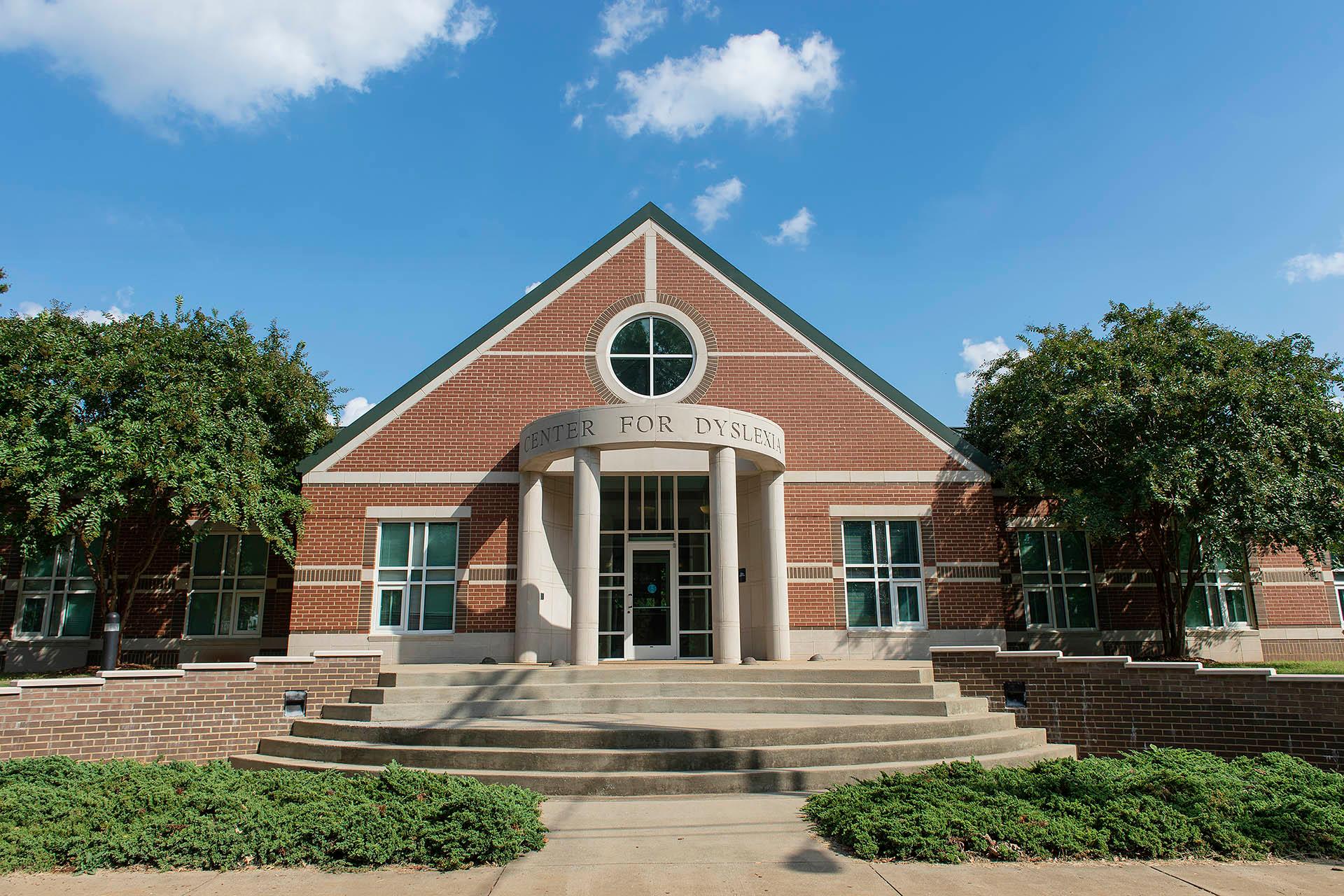Tennessee Center for the Study and Treatment of Dyslexia
Chair’s Blog
-
Dyslexia Is Real, but Not Inevitable: Rethinking Risk, Response, and Policy Three Years After Sounding the Alarm
In 2021, I wrote about the challenge of finding children with dyslexia in a sea of struggling readers. At the time, we were beginning to see the national impact of legislation mandating early literacy screening and structured literacy instruction. The promise was clear: if we could spot reading and spelling risk early, we could act…
-
Eating An Elephant: Considering Comprehension
Measuring and using data to inform reading comprehension instruction is like eating an elephant! Deriving meaning from text involves the convergence of word meaning, syntactic context, background knowledge, inference-making, and monitoring for cohesion. Where do you even start? This is very different from measuring and using data to inform word reading and spelling instruction. The…
-
Lessons from the Field: Literacy, Leadership, and the Power of Alignment
Sometimes, the most important thing we can do is step back and listen. At a recent panel, I set aside my prepared remarks to amplify the voices that matter most – educators doing the work every day. But the thoughts I had prepared still hold meaning. In this post, I share them as a reflection…
-
Stories We Tell Ourselves
As humans, we inherently want to make sense of the world and our experiences in it. Doing this often shapes the stories we tell ourselves. The gifts of dyslexia are woven into the fabric of the stories many of us in the dyslexia community tell. The idea of these gifts as being confined to a…
-
How well does dyslexia fit into the Simple View of Reading?
The simple view of reading is ever present in the Science of Reading movement. But does it fully capture those of us with dyslexia?
-
An Enabling Context for Hard Work
I challenge us to collectively stop and reflect on the work needed to enable kids to develop into independent learners equipped with the life skill of literacy. Much of the discussion on social media and elsewhere around this work is adult-focused. Well-meaning adults ponder, speculate, and debate a host of questions. What should teachers teach?…
-
Dueling Views of Dyslexia
Cultivating dialogue around dyslexia requires an honest discussion of assumptions and perspectives.
-
The more things change, the more they stay the same
We disagree on how to address this problem with warring factions camped out within the educational landscape. Part of this entrenchment results from dissent that arises about how best to understand and teach reading. There may be a consensus that reading matters, but there is also disagreement about how we should go about teaching reading.…
-
Overcoming and Removing Obstacles to Realize Success
We aren’t going to remove every obstacle that a person will face in life. But we should strive to remove those obstacles that we can, especially when we have learned how to overcome and remove them as a society. Life is hard enough just dealing with the obstacles that we can’t make go away. So…
-
Finding Children with Dyslexia in a Sea of Struggling Readers: The Struggles are Real
A push to transform reading instruction is underway in classrooms across the nation. A transformation motivated by an honest acknowledgment of reality – most children in the United States struggle to read. The push for change has left some people wondering what this all means for students with disabilities – like those with dyslexia.










